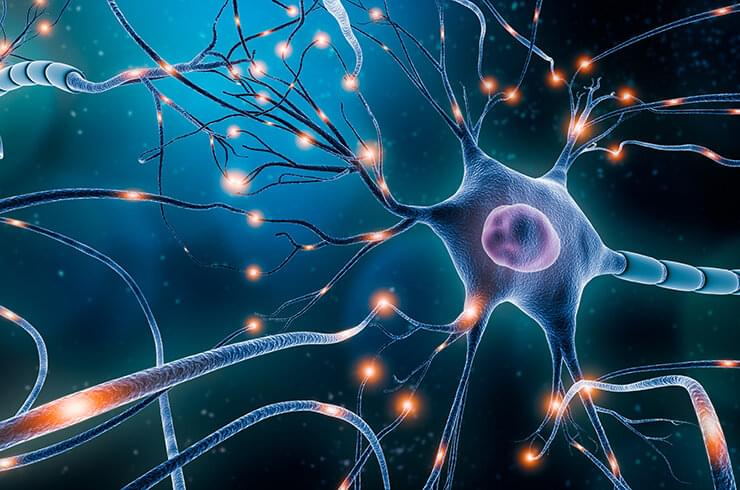AMD to offer five Ryzen Threadripper Pro 5000WX CPUs for workstations.
Dual-processor workstations are the stomping grounds of companies like Dell, HP, and Lenovo. They tend to cost as much as a car and are aimed at the most performance-demanding professionals with very deep pockets. It is hard to expect motherboard makers to offer dual-socket sWRX8 platforms at this time since 128-core/256-thread machines are complete overkill even for the workstation segment (which is why this capability might be canned if AMD feels that it is easier to offer Epyc platforms for the same market segment instead). Meanwhile, the report also says that Asus and Gigabyte intend to release all-new single-socket motherboards for the upcoming Ryzen Threadripper Pro 5000WX CPUs.
AMD’s Ryzen Threadripper Pro retains eight memory channels to provide loads of bandwidth and support for plenty of memory for professional applications. The CPUs will continue to use the sWRX8 socket, though we do not know whether the new products will be drop-in compatible with the existing sWRX8 platform (probably they will, albeit with a BIOS update).
Since the Ryzen Threadripper Pro processors are designed for professional workstations, not gamers (so you shouldn’t expect to see them in our list of the best CPUs for gaming), it shouldn’t come as a surprise that all the CPUs have a similar rather conservative 4.55 GHz boost clock at a maximum TDP of 280W. The chips will also come with the B2 stepping.






